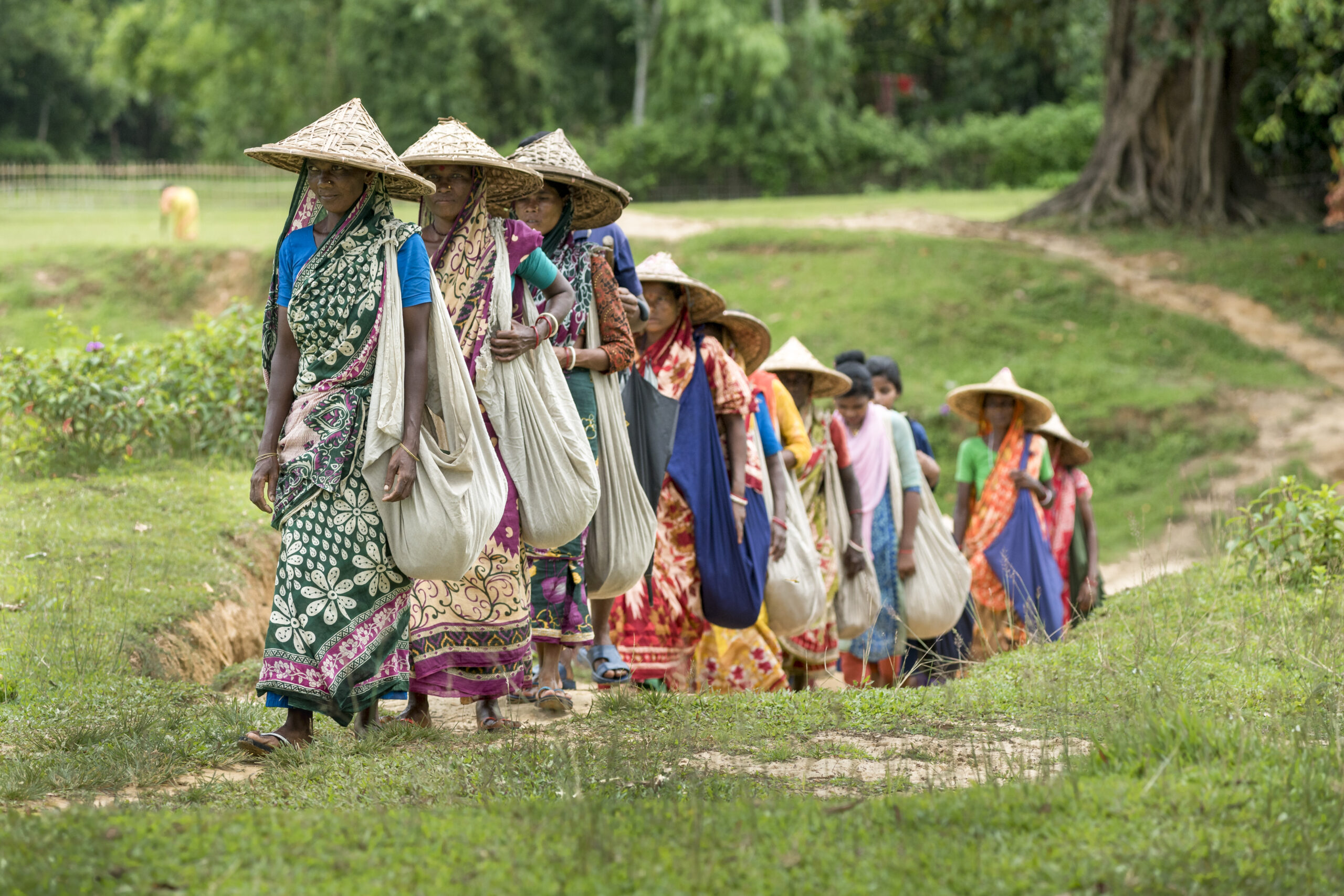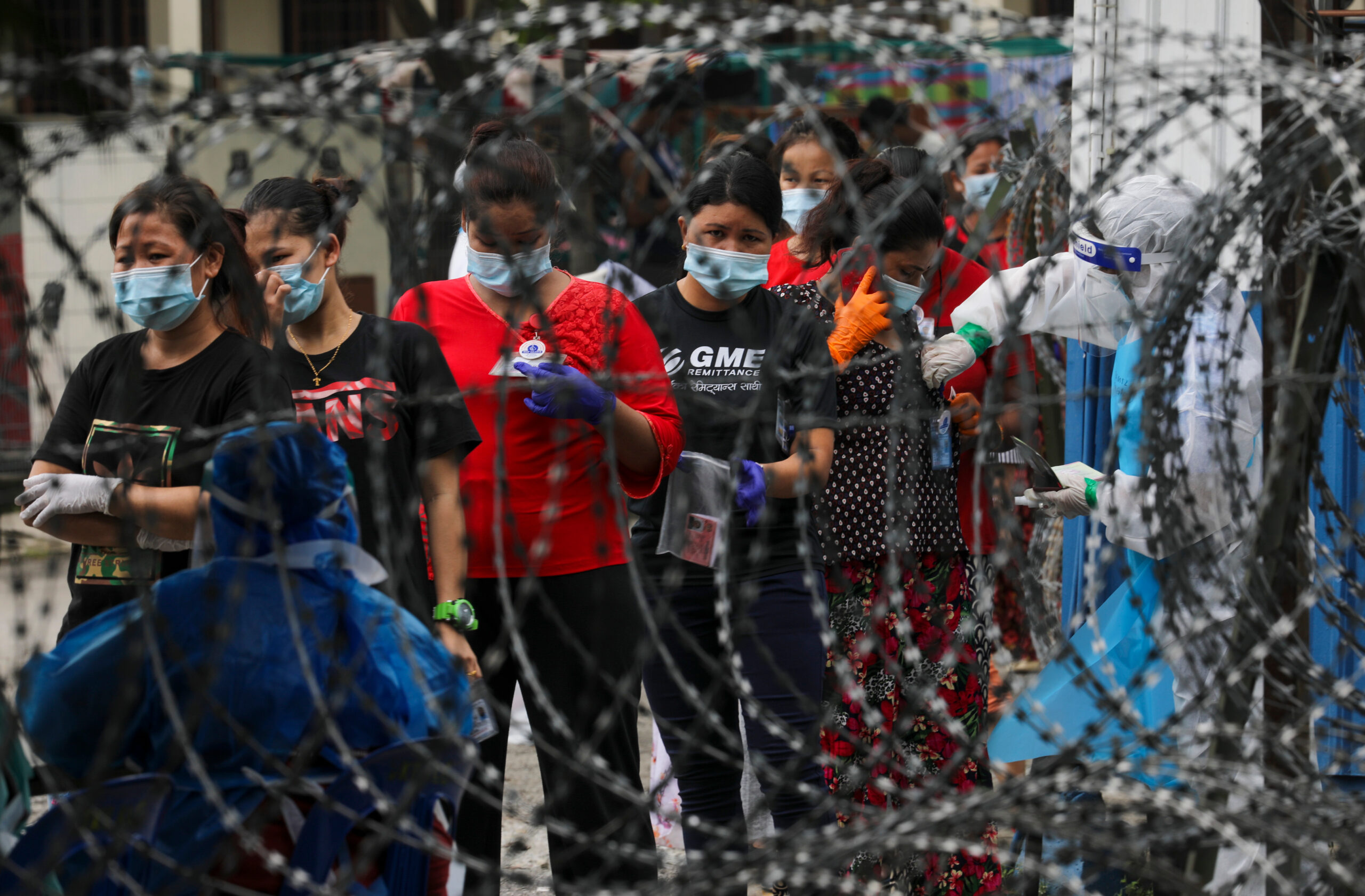Publications
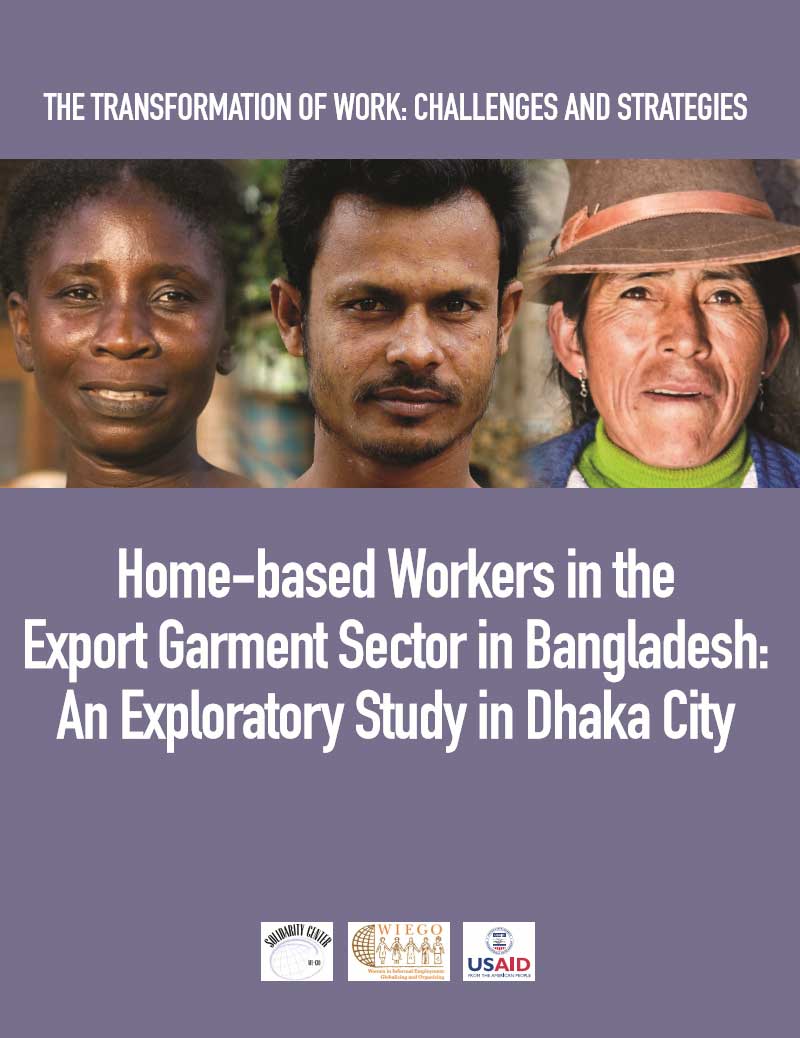
Home-based Workers in the Export Garment Sector in Bangladesh: An Exploratory Study in Dhaka City (Wiego, 2012)
Workers in the home-based export garment sector remain an invisible segment of the labor market, and this report is first step toward a systematic documentation of this phenomenon, with special emphasis on employment conditions, worker livelihoods and issues affecting unionization. This Solidarity Center report is part of a multiyear research project, funded by the U.S. Agency for International Development, to study the informal economy, migration, gender and rule of law together with research partners Rutgers and WIEGO.
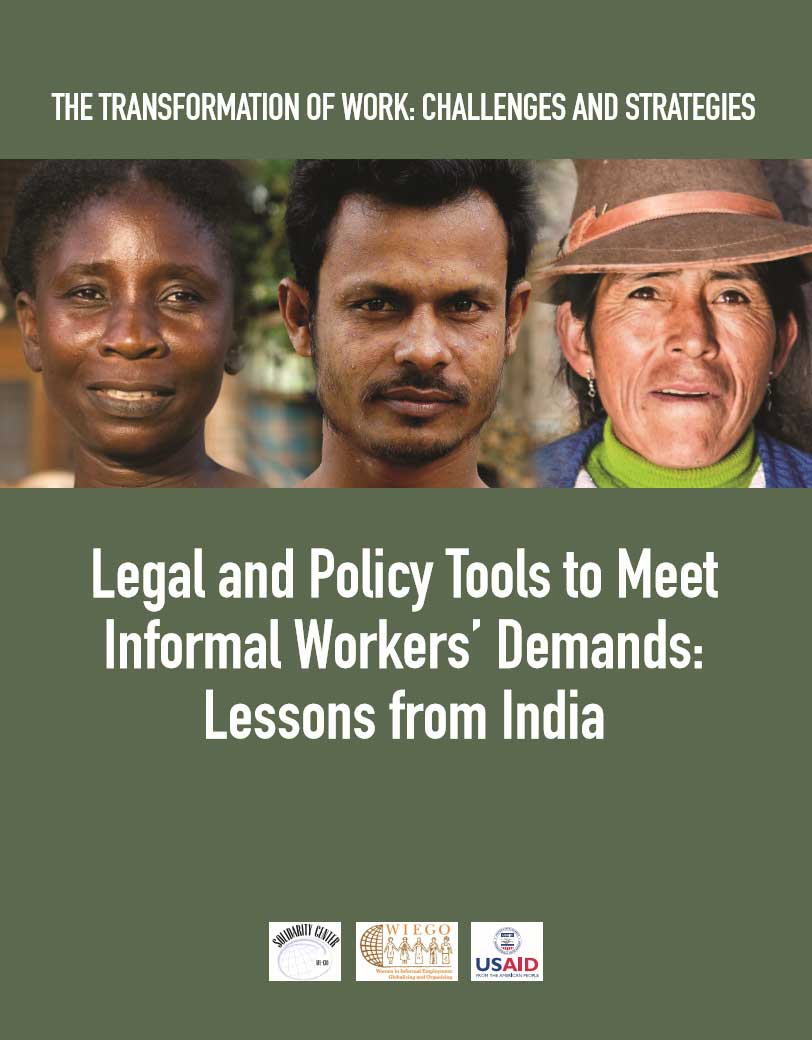
Legal and Policy Tools to Meet Informal Workers’ Demands: Lessons from India (WIEGO, 2012)
This report highlights key lessons from a WIEGO pilot project in India examining the nature of the informal economy and the way legal and policy tools can address the concerns of those working in the informal economy. This Solidarity Center report is part of a multiyear research project, funded by the U.S. Agency for International Development, to study the informal economy, migration, gender and rule of law together with research partners Rutgers and WIEGO.
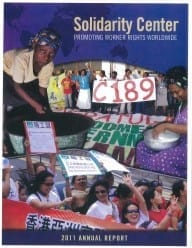
Solidarity Center 2011 Annual Report
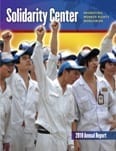
Solidarity Center 2010 Annual Report
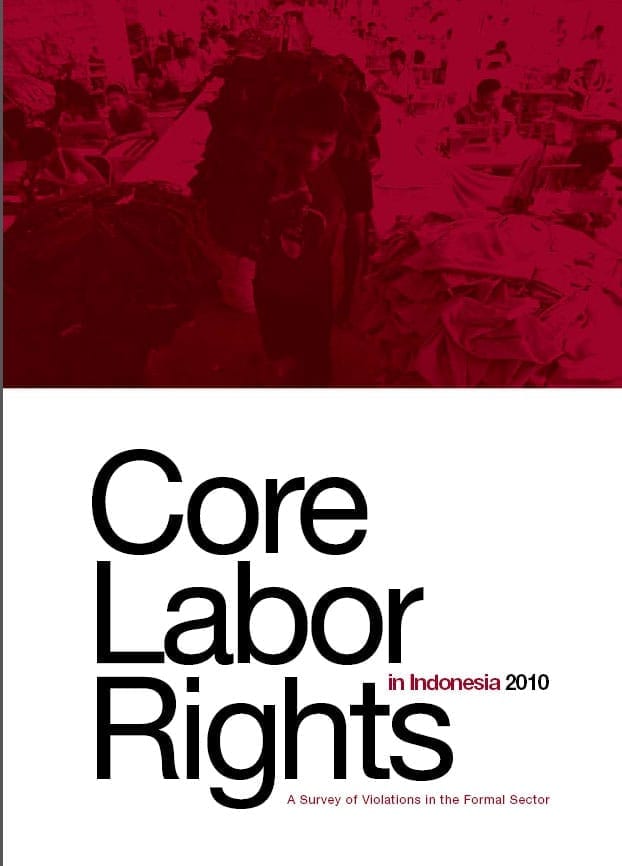
Core Labor Rights in Indonesia: A Survey of Violations in the Formal Sector (2010)
This survey of labor rights in Indonesia finds that although improvements have been made since the fall of the Suharto government, serious violations persist, including: discrimination against women in the workplace; anti-union discrimination by employers; interference with workers’ right to strike and collectively bargain.
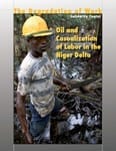
Degradation of Work: Oil and Casualization of Labor in the Niger Delta (2010)
This report explores how the degradation of work in the oil-rich Niger Delta jeopardizes the livelihoods and well-being of workers and their families and results in fewer opportunities for Nigerians to improve working and living conditions, especially in local communities that have seen little benefit from the profitable sector.
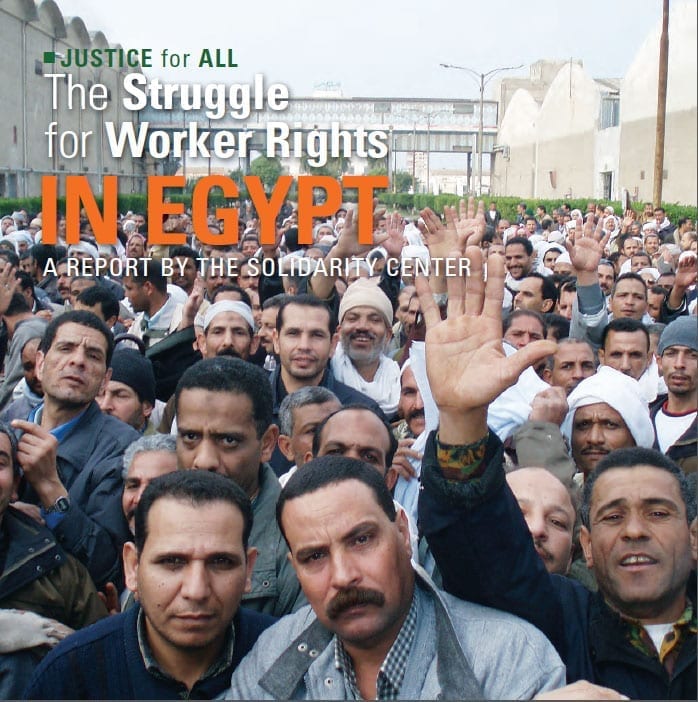
The Struggle for Worker Rights in Egypt (2010)
The situation for workers in Egypt in 2010 sadly bears all too much similarity to that conflict between Egyptian workers and their government so many centuries ago. Today’s Egyptian government maintains an iron grip on power, harshly punishes dissent and plays a central role in a system that keeps workers powerless and poor.

Out of Sight, Out of Mind (2009)
This 2009 Solidarity Center study focuses on migrant men who have worked on Thai fishing boats out of the port of Mahachai in Samut Sakhon province, examining recruitment practices, working conditions and payment practices to assess the patterns and prevalence of human trafficking on commercial fishing boats.
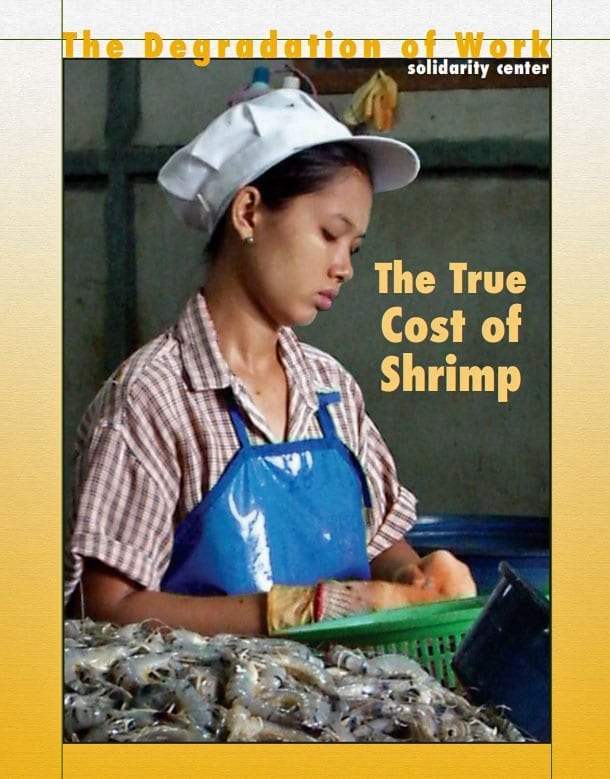
The True Cost of Shrimp (2008)
In little more than 30 years, the shrimp industry has been revolutionized through an unprecedented increase in efficient production, resulting in tremendous profitability for producers. But the “shrimp boom” is sustained through a staggering, largely hidden, cost to workers, their families and the environment.

The Struggle for Worker Rights in Guatemala (2008)
Guatemala’s laws include unreasonable restrictions and requirements on union membership and the right to strike. Women workers are usually paid less than their male counterparts for work of equal value. Indigenous workers and rural workers, with few legal rights, are particular targets of discrimination. Guatemala’s migrant workers—both internal migrants and workers who migrate to work in other countries—suffer some of the worst abuses. Despite these discouraging conditions, Guatemalan workers and their unions are determined to establish justice at the workplace and in their country.

